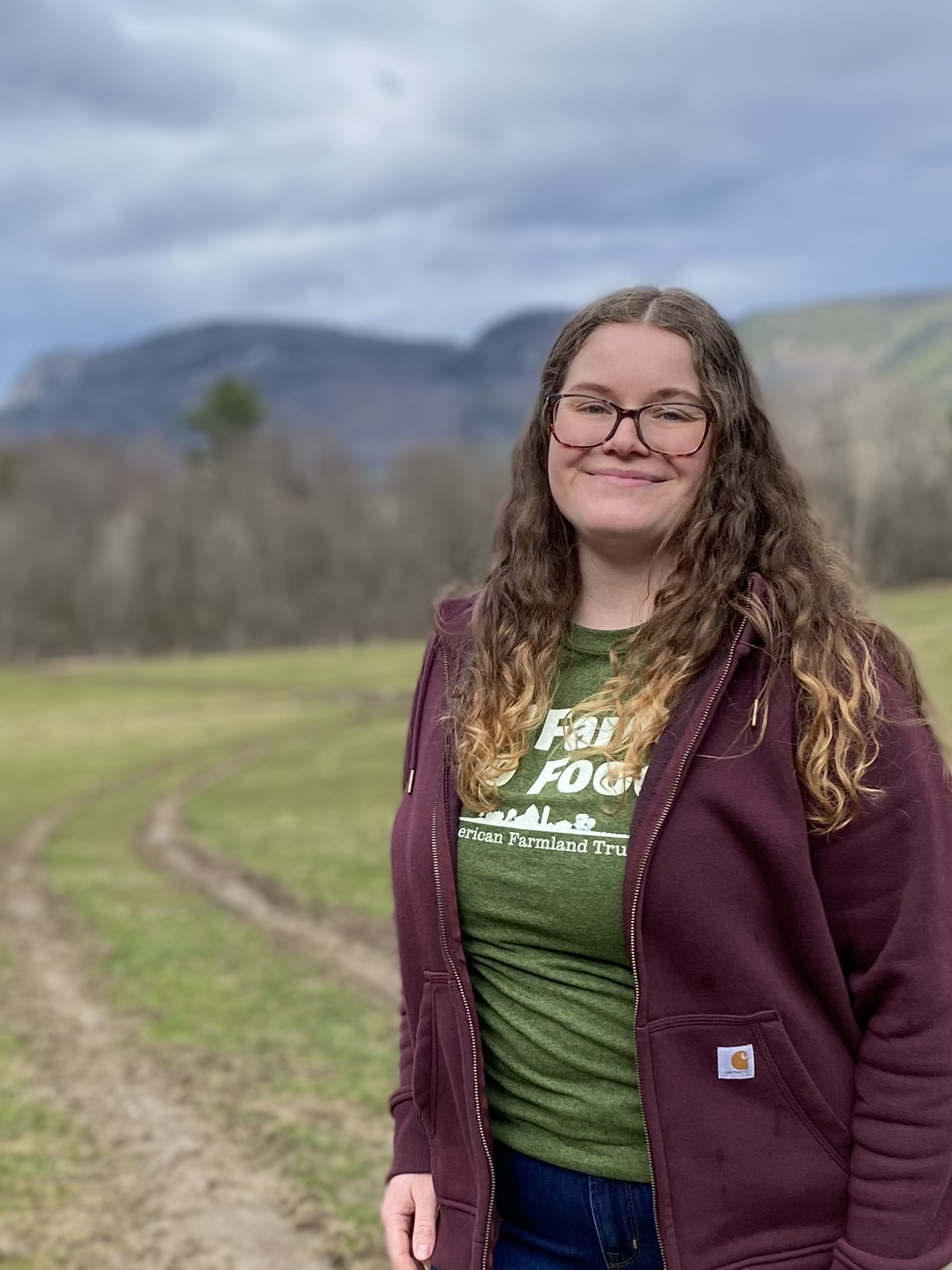AFT Launches Great Lakes Farm Navigator Network to Help Farmers Transfer Farmland and Adopt Conservation Practices
Sixteen organizations will receive Navigator training to support farmers and their families in New York, Ohio, Michigan, and Wisconsin
Evanston, IL – Nearly one in three farmland owners across the Great Lakes region is over 65 and will likely transfer their farms in the next 15 years. Transferring farmland to new owners and operators is complex, especially across generations, and the land and conservation investments on them could be lost to urban expansion and development.
The Great Lakes Farm Navigator Network, an initiative led by American Farmland Trust (AFT) and supported by the Great Lakes Protection Fund, will sustain our agricultural economy and communities and protect the ecological health of the Great Lakes. AFT is creating an innovative training and networking program for Navigator organizations, which will provide services to help farmland owners transfer their land across generations and connect landowners with new farmers looking for land.
Staff from sixteen organizations across New York, Ohio, Michigan, and Wisconsin will receive Navigator training over the next three years. Navigators will offer tailored support to farmers and farmland owners using an innovative, holistic approach that keeps farmland in production and expands conservation practices. AFT expects to reach 150 farmers and bring an additional 75,000 acres of conservation practices onto the land by the end of 2026.
Women, People of Color, and LGBTQIA+ people are increasingly becoming the new generation of farmers and farmland owners, despite being historically denied access to land and state and federal resources for farmers. The Navigator Network aims to help close this gap and give new generations of farm families the support and tools needed to steward the land into the future and improve water quality in the Great Lakes region.
“The Great Lakes Farm Navigator Network is a unique opportunity to leverage a wealth of expertise to accelerate much-needed support and ensure sound farmland stewardship as it is transferred to new and next-generation farmers,” says Ashley Brucker, American Farmland Trust Deputy Director of Agriculture Conservation Innovations. “Acquiring farmland and managing it well is a complicated process. We are grateful for the partnership with the Great Lakes Protection Fund to invest in these Navigators to support farmers and streamline access to resources. We expect significant improvement in Great Lakes water quality as farmers add new conservation practices on their land.”
“Increasing conservation practices on farmland in the Great Lakes basin is good for the land and the lakes,” added Steve Cole, Great Lakes Protection Fund Vice President of Programs. “There’s no better time for farmers to commit to new practices than when they take on new land. We are proud to support AFT’s important work and look forward to the Navigator Network expanding across the Great Lakes basin and beyond.”
The Great Lakes Navigator Network will advise, train, and support:
Women farmers and landowners to access land and develop and implement conservation or farm transfer plans.
Senior farmers and landowners to implement conservation options, including agricultural conservation easements, in their farm transfer planning.
Beginning farmers, particularly those underserved, to secure land with a commitment to conservation tied to their personal and business goals.
Development of the Great Lakes Farm Navigator Network is made possible through the generous partnership of the Great Lakes Protection Fund. Learn more at www.farmland.org/greatlakes-network.
###
American Farmland Trust is the only national organization that takes a holistic approach to agriculture, focusing on the land itself, the agricultural practices used on that land, and the farmers and ranchers who do the work. AFT launched the conservation agriculture movement and continues to raise public awareness through our No Farms, No Food message. Since our founding in 1980, AFT has helped permanently protect over 6.8 million acres of agricultural lands, advanced environmentally-sound farming practices on millions of additional acres and supported thousands of farm families.




